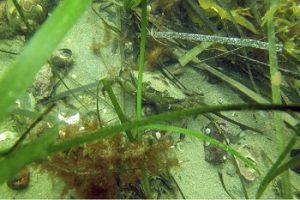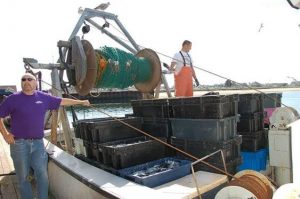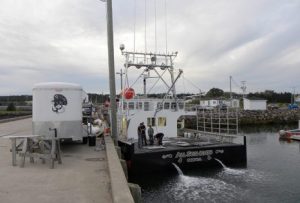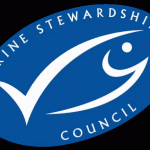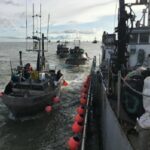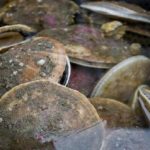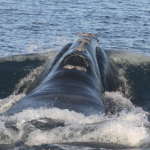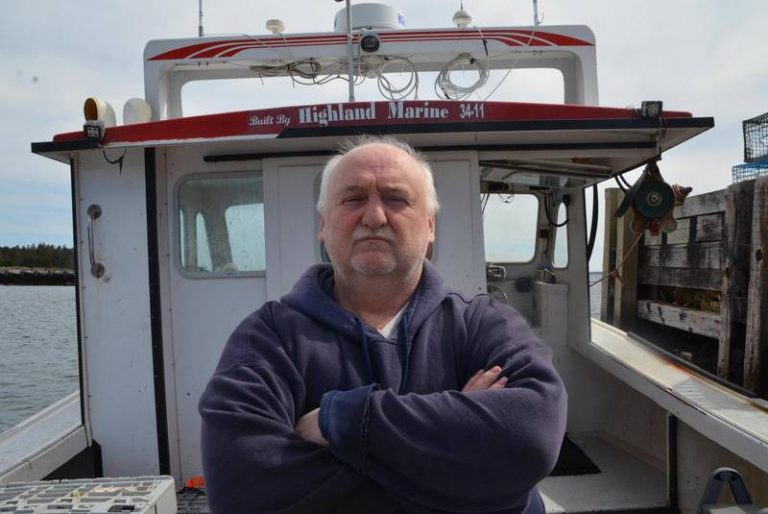Tag Archives: Lifestyle
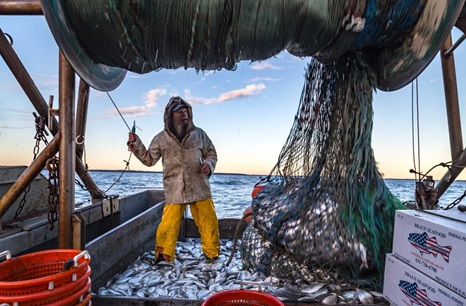
Commercial Fisherman Chris Hamilton Captures Life on the Water
One can only imagine what kinds of things true men of the sea witness while out on the water, their livelihood dependent on making good catches – quite a different sight from the landlubbers seeing traffic lights, stop signs, strip malls and so on. But Chris Hamilton, a lifelong Greenport resident and commercial fisherman, removed the need to imagine when he found a passion for photography aboard his father’s boat one morning. “Being a commercial fisherman on a trawler gives me a very unique perspective,” he says. “It’s not something 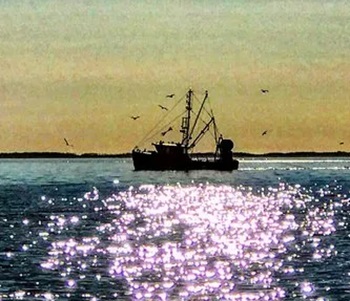 that is widely viewed. It’s a pretty private lifestyle. It really was just being in the moment and kind of just realizing how lucky I was to spend some of those moments on the water with my dad. Fishing is hard, man; it’s a really hard way to make a living, especially these days. You’ve got to be really dedicated. There’s a reason why we do it, and it’s because it’s a beautiful lifestyle. You get to experience nature and in a real way that’s different from other types of work, being on the water. Water is probably the biggest inspiration for me in terms of my art.” Photos, more, >>CLICK TO READ<< 07:01
that is widely viewed. It’s a pretty private lifestyle. It really was just being in the moment and kind of just realizing how lucky I was to spend some of those moments on the water with my dad. Fishing is hard, man; it’s a really hard way to make a living, especially these days. You’ve got to be really dedicated. There’s a reason why we do it, and it’s because it’s a beautiful lifestyle. You get to experience nature and in a real way that’s different from other types of work, being on the water. Water is probably the biggest inspiration for me in terms of my art.” Photos, more, >>CLICK TO READ<< 07:01
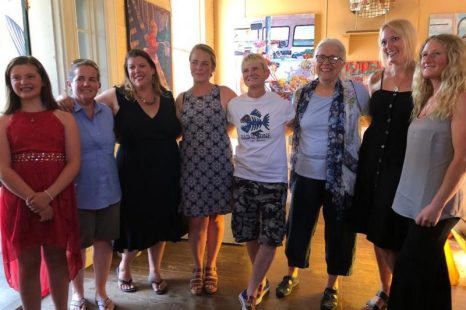
Painter Susan Tobey White captures a ‘day in the life’ of female lobstermen
First, it’s important to get it straight. She’s not called a ‘lobsterwoman’ if the person lobster fishing is female; the correct term, no matter what the gender is lobsterman. Susan Tobey White’s latest series, “Lobstering Women of Maine” is all about the women who haul traps, bait bags, stern and lobster fish off their own boats. The exhibit is currently hanging at Penobscot Marine Museum until October 2019. At least 300 people showed for her artist’s reception on July 14 and among those in the crowd were several of the women she did the portraits of. “I think most of the people who showed up at the reception were in awe. They had no idea that women even did this line of work,” said White. >click to read< 10:32
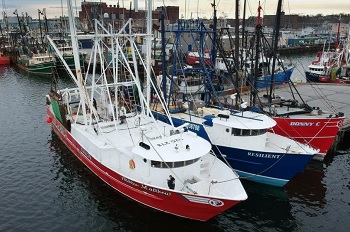
Don Cuddy: Kathy Frey ‘believed she could, so she did’
Most people probably imagine that the waterfront is a man’s world and that is largely true. Yet there are some exceptions, and none perhaps more notable than the case of Kathy Frey. How else to account for this diminutive single mom, retired in 2013 after 30 years as a postal worker, subsequently finding herself on the deck of a tugboat, hooking up a barge loaded with 5,000 tons of sand. For an answer look no further than the stern of the 34-foot powerboat that she calls home. It’s called the Free Spirit. Growing up next to Sassaquin Pond and occasionally piloting a rowboat marked the extent of her connection to the water. After she retired a friend one day suggested she join the Coast guard Auxiliary. She did and “started doing things on boats.” >click to read<09:33
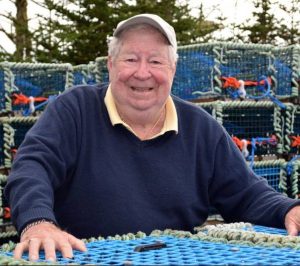
‘It’s been an interesting life,’ Cape Sable Island fisherman reflects on decades of fishing
Bradford (Baffy) Symonds Jr. was only a-year-and-a-half old when his mother took him to Seal Island for the first time. “I’ve pretty well been on the ocean every year since,” said the retired Cape Sable Island fisherman. “It’s been an interesting life.” Symonds attended his first year of school on Seal Island in 1936. “There were about 40 to 50 students,” he says, explaining the island fishermen all took their families there in November. “Some stayed all winter. We always came home.” >click to read<14:00
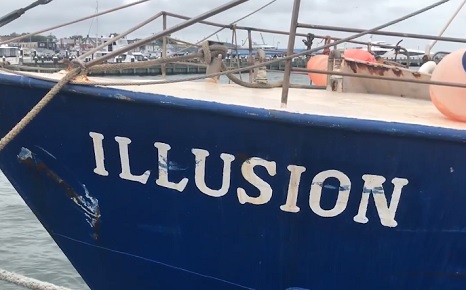
On Long Island, fishing is a family business and a way of life
Mark and Mary Bess Phillips are among a dwindling number of commercial fishing families on Long Island. On Wednesday, July 25, they discussed their experiences while their boat the “Illusion” was docked at Greenport Harbor. >click to watch<08:34
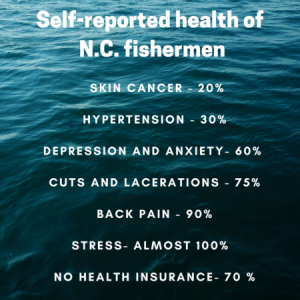
Many are injured on the job, most lack health insurance. Meet the cowboys of the sea.
North Carolina fishermen work long hours, and many fish alone. When harvesting shrimp, they can stay out on the water four to five days at a time. Broken bones and lacerations are common. Fishermen are disproportionately affected by skin cancer. The majority complain of back pain. Other lose limbs, even as many don’t have health insurance. Some die by drowning. One hurricane or unexpected cold front can move their crop. The stakes are high. But they don’t think about these things much and they didn’t see why a health care reporter was interested in talking to them, even as they admitted health care concerns have changed how many approached their fishing careers. For Glenn Skinner, 45, fishing is freedom. It’s in his blood. He’s a fourth generation fisherman from Carteret County and has been on fishing boats since he was 4 years old. >click to read<09:04
PHOTOS: Nurturing a life connected to Southeast Alaska fishing
 Karen Johnson of the fishing vessel F/V Cloud Nine – “I started fishing when I was 6. There are different kinds of fishermen, as there are with any type of job I suppose. My perception of fishing is I love it. I love the life, I love the ocean, I love the excitement, I love the peacefulness, I love the hard work. I can be sea sick, look up, and still be amazed by my surroundings. Read more here, photos. alaskadispatch 11:43
Karen Johnson of the fishing vessel F/V Cloud Nine – “I started fishing when I was 6. There are different kinds of fishermen, as there are with any type of job I suppose. My perception of fishing is I love it. I love the life, I love the ocean, I love the excitement, I love the peacefulness, I love the hard work. I can be sea sick, look up, and still be amazed by my surroundings. Read more here, photos. alaskadispatch 11:43
Fishermen can be a Rather Superstitous Bunch
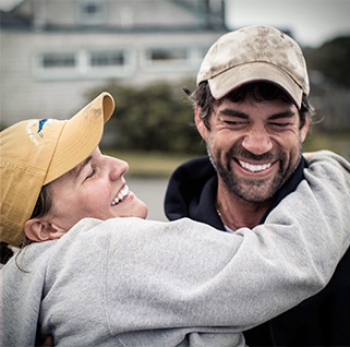 Fishermen can be a rather superstitious bunch. I’m not sure where that trait comes from. Perhaps way back in the day, the first fishermen believed that if they did this one thing that they would catch more fish, and it just developed over time from there. Read more here visitmaine.com 09:21
Fishermen can be a rather superstitious bunch. I’m not sure where that trait comes from. Perhaps way back in the day, the first fishermen believed that if they did this one thing that they would catch more fish, and it just developed over time from there. Read more here visitmaine.com 09:21

































